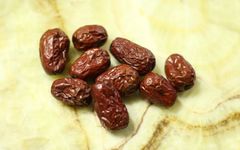Some individuals with a Qi deficiency constitution may experience weight gain due to the inability of Qi to transform and transport body fluids, leading to water retention and thus a tendency to be overweight. Others may be underweight because Qi deficiency prevents the delivery of nutrients throughout the body. Common symptoms of Qi deficiency include a pale complexion without luster, a soft voice, shortness of breath, and fatigue, which worsen with exertion. This is due to insufficient Qi. Qi cannot secure the exterior, leading to spontaneous sweating, poor memory, and forgetfulness. The tongue appears pale, and the pulse is weak. If one exhibits these symptoms, it indicates a Qi deficiency constitution.
The key to health preservation for those with a Qi deficiency constitution lies in Qi supplementation. The kidneys are the root of original Qi, while the spleen is the source of generated Qi; therefore, the focus of Qi supplementation should be on nourishing the spleen and benefiting the kidneys.
Dietary Nourishment
Frequent fatigue and lower back pain are manifestations of kidney Qi deficiency, and one should regularly consume Shan Yao (Chinese Yam), Li Zi (Chestnuts), and Hai Shen (Sea Cucumber). The recommended dosage for Shan Yao is 10-30 grams each time, and for Li Zi, three pieces should be consumed each morning and evening. Hai Shen is a high-protein, low-fat, and low-cholesterol food, making it an excellent tonic.
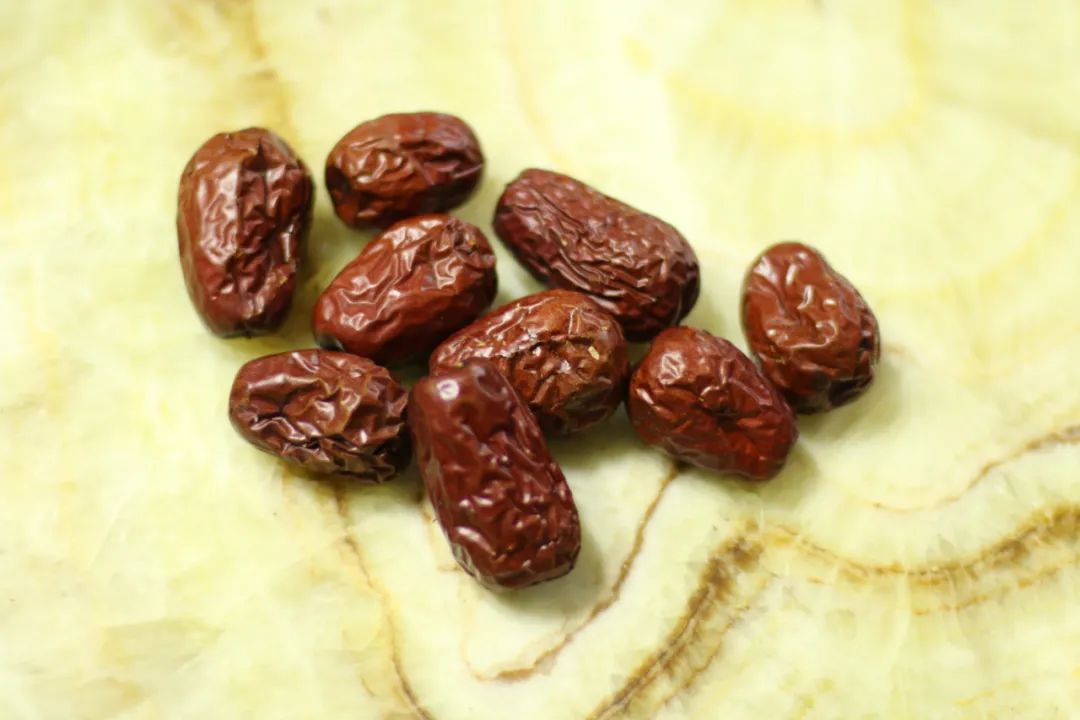
Frequent shortness of breath, loose stools, and poor appetite are manifestations of spleen Qi deficiency. One should consume more Da Zao (Jujube), Feng Mi (Honey), and Shen Xian Ya (Immortal Duck). Shen Xian Ya is prepared by placing Da Zao, Bai Guo (Ginkgo), and Lian Zi (Lotus Seed) in a bowl, adding ginseng powder, mixing well, and stuffing it into the duck’s abdomen. The duck is then steamed over high heat for about three hours. Shen Xian Ya is effective for strengthening the spleen and stomach and supplementing Qi.
Mental Regulation
Individuals with Qi deficiency often experience low spirits; thus, mental regulation is essential to uplift their mood, making them optimistic, open-minded, and joyful.
Exercise and Fitness
Those with Qi deficiency should avoid high-intensity physical exercise and instead focus on internal cultivation exercises and strengthening techniques. The methods are as follows:
① Waist Rubbing: Loosen the waist belt and sit upright, rubbing both hands together until slightly warm. Place both hands on the waist and rub up and down until warmth is felt.
② “Chui” Character Exercise: Stand upright with feet together, cross both hands overhead, then bend at the waist to touch the ground, followed by squatting and hugging the knees, silently repeating the word “Chui” for more than ten times.
③ Leg Swinging: Sit upright with legs hanging naturally. First, slowly rotate the body left and right three times, then swing both legs back and forth ten times.
Environmental Regulation
Individuals with Qi deficiency have a poor ability to adapt to temperature changes and often feel cold in their hands and feet during winter, making them susceptible to colds. Therefore, in winter, they should avoid cold and keep warm, and in spring, they should actively participate in exercise to enhance their body’s adaptability to climate changes.
Medicinal Nourishment
Those with spleen Qi deficiency should consider Si Jun Zi Tang (Four Gentlemen Decoction) or Shen Ling Bai Zhu San (Ginseng and Poria Powder); those with kidney Qi deficiency may take Shen Qi Wan (Kidney Qi Pills); and those with lung Qi deficiency can regularly take Bu Fei San (Lung Tonic Powder).
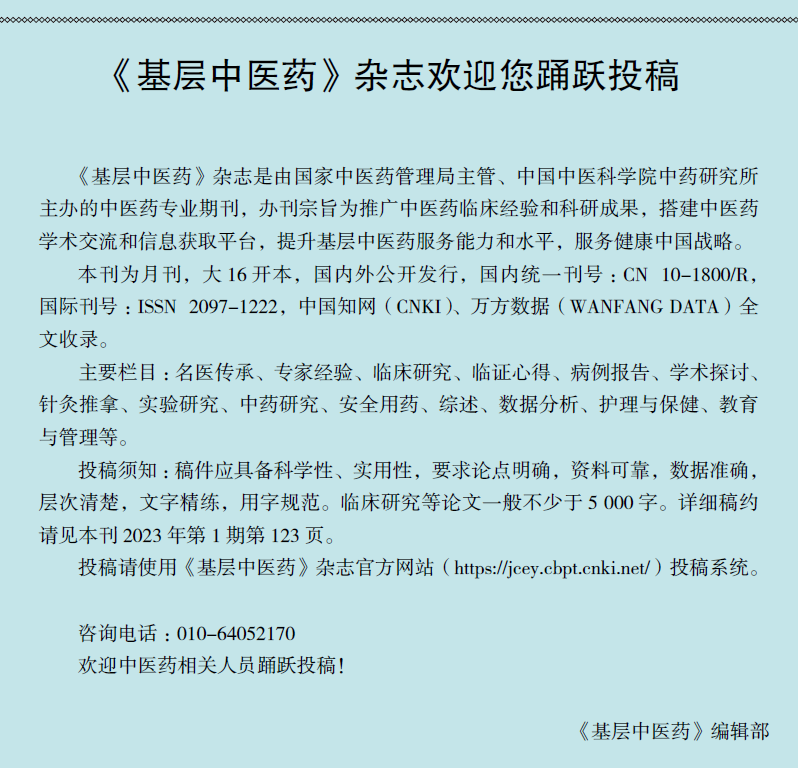
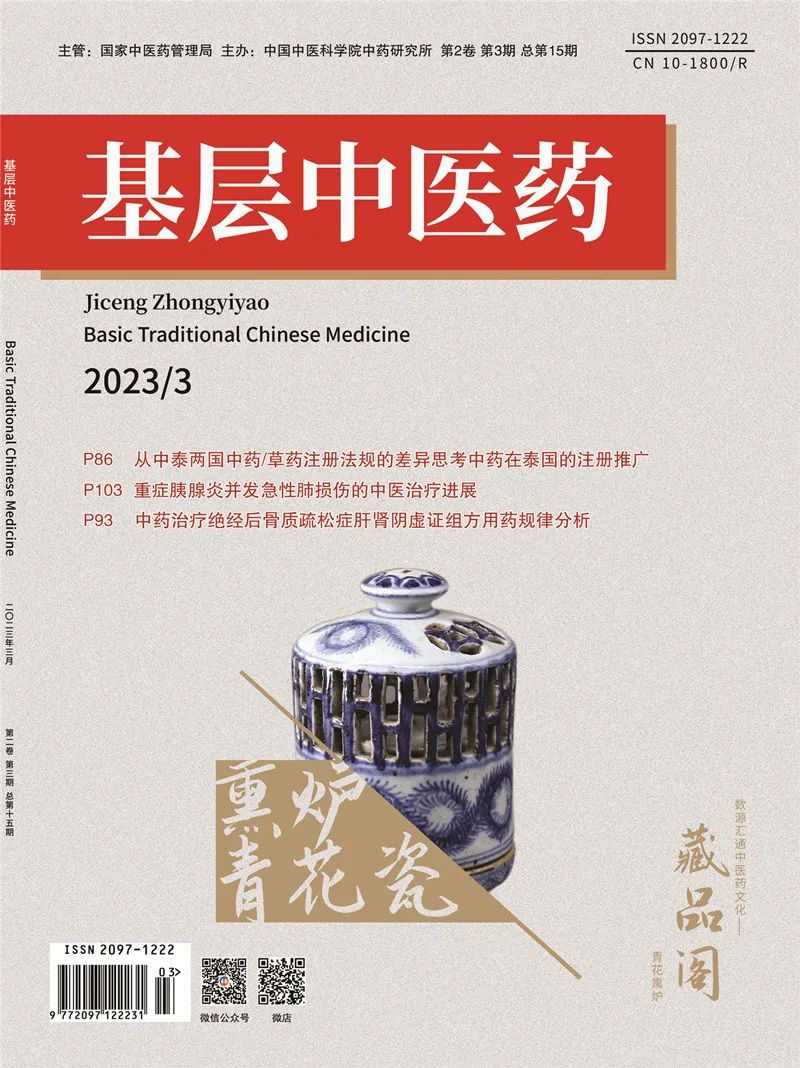
National Administration of Traditional Chinese Medicine – Supervisor
Institute of Chinese Medicine, Chinese Academy of Medical Sciences – Organizer
Traditional Chinese Medicine Knowledge Health Preservation Information
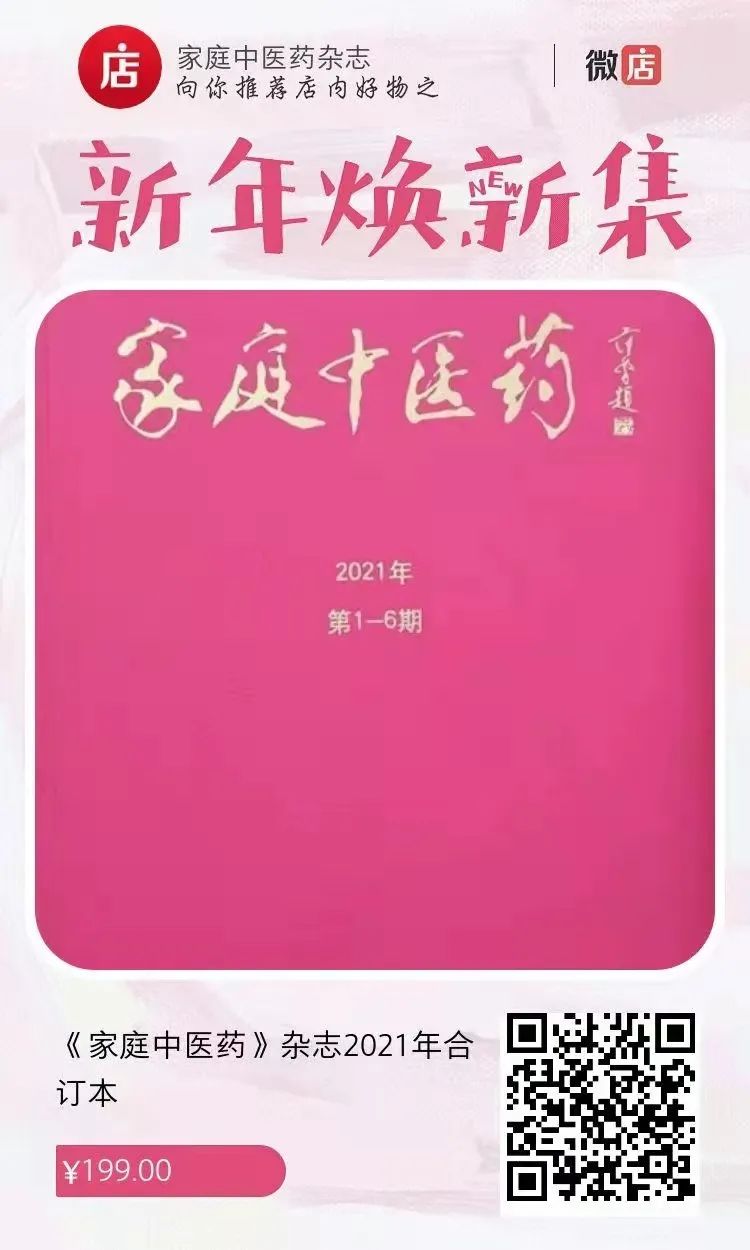


Article copyright belongs to Family Traditional Chinese Medicine, unauthorized reproduction or excerpting is prohibited. Image copyright belongs to the original author.
All prescriptions should be used under the guidance of a physician.
Author of this article:Hong Xiu
Editor of this article:Zhao Yang


